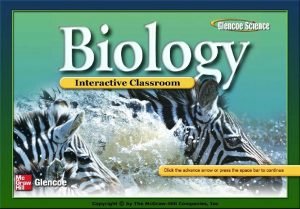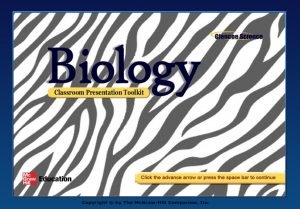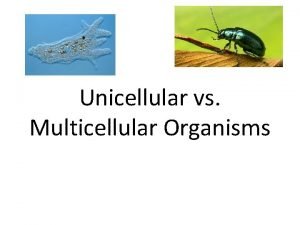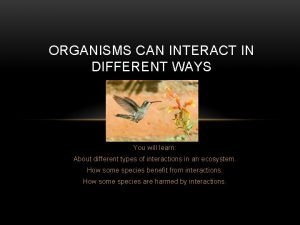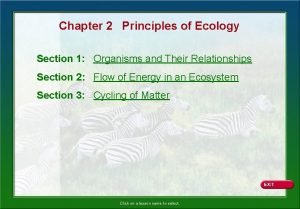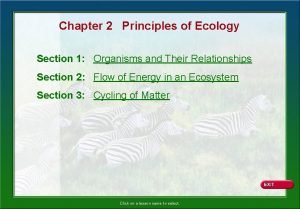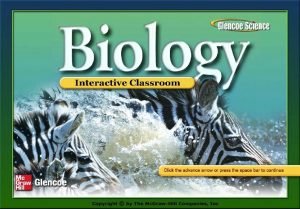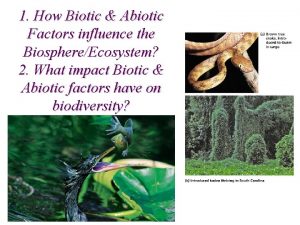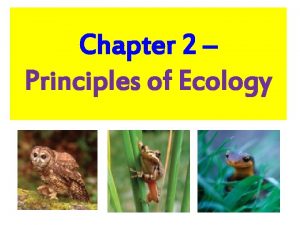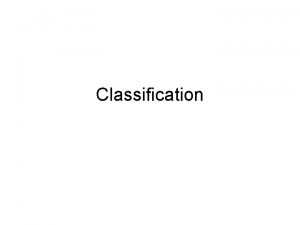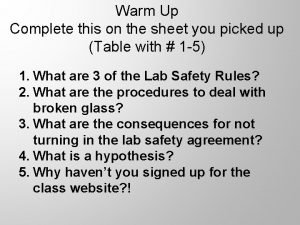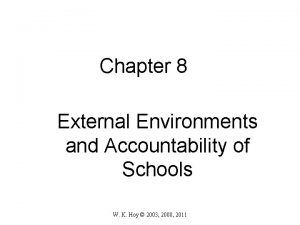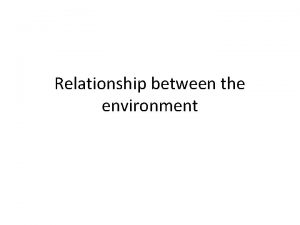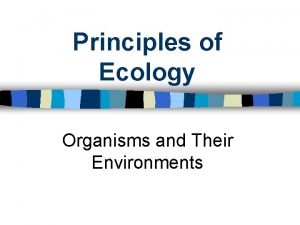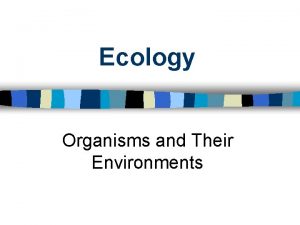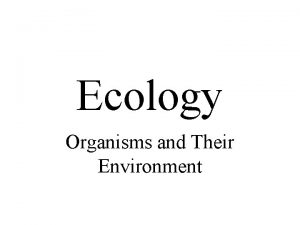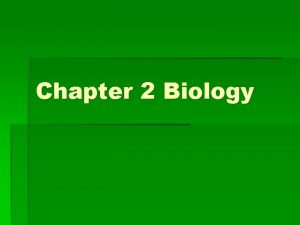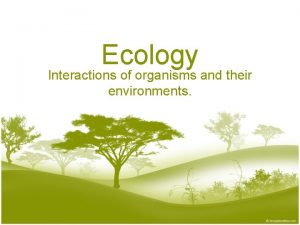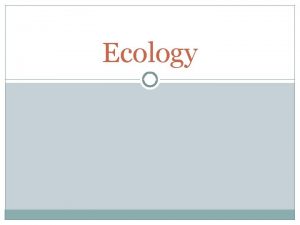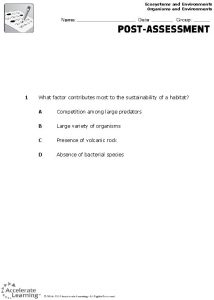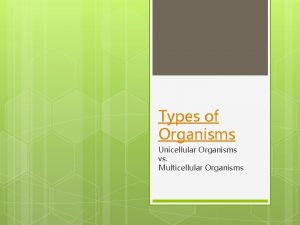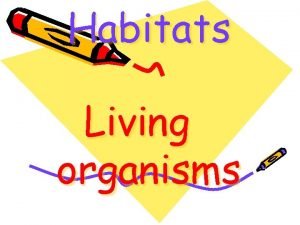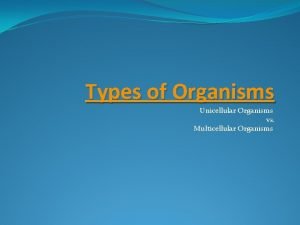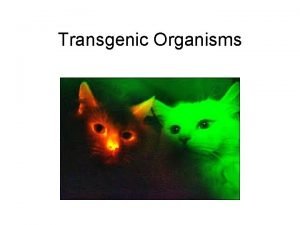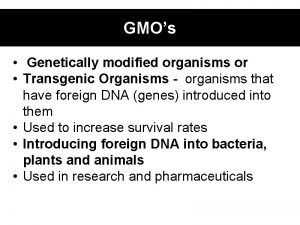Introduction to Ecology Organisms and Their Environments Ecology


















- Slides: 18

Introduction to Ecology Organisms and Their Environments

Ecology • The study of the interactions of organisms and their environment

Levels of Biological Organization

Part of earth that supports life Includes communities & abiotic factors Groups of populations in a region. Group of organisms of same species

Niche vs. Habitat

Habitat • • The place where the organism lives. Like an address

Niche • The role a species plays in a community. • Like an occupation

Niche • Includes the space, food, and other conditions the organism needs to survive


NOTE: • Several species may share a habitat, but the food, shelter, and resources of that habitat are divided into separate niches.

Cape May Warbler Feeds at the tips of branches near the top of the tree Bay-Breasted Warbler Feeds in the middle part of the tree Spruce tree Yellow-Rumped Warbler Feeds in the lower part of the tree and at the bases of the middle branches

What shapes an Ecosystem? Ø Biotic & Abiotic Factors Ø Community Interactions Ø Ecological Succession

Biotic Factors • • • All the living organisms that inhabit an environment. Bio = life tic = pertaining to. EX: Animals, plants, fungi, bacteria, protists

Abiotic Factors • • • All the non-living parts of the environment A = not/without, bio = life Examples = soil, rocks, water, minerals, temperature

List all of the biotic & abiotic factors

Quick review

Ø What is the portion of the earth that supports life called? Biosphere Ø Give 2 examples of abiotic factors. Ø What do you call the role a species plays in its environment? Niche

Ø What is formed by several populations that interact with each other? Community Ø What do you call a community and its abiotic factors? Ecosystem Ø List the levels of biological organization from smallest to largest. O P C E B
 Principles of ecology section 2.1 worksheet answers
Principles of ecology section 2.1 worksheet answers Principles of ecology organisms and their relationships
Principles of ecology organisms and their relationships Multicellular organisms and unicellular organisms
Multicellular organisms and unicellular organisms Competitive interaction
Competitive interaction Levels of organization in the biosphere
Levels of organization in the biosphere Principles of ecology section 3 cycling of matter
Principles of ecology section 3 cycling of matter Principles of ecology section 2 flow of energy
Principles of ecology section 2 flow of energy Chapter 2 principles of ecology answer key
Chapter 2 principles of ecology answer key 5 levels of organisms
5 levels of organisms Chapter 2 section 1 organisms and their relationships
Chapter 2 section 1 organisms and their relationships Where do organisms get their traits?
Where do organisms get their traits? Where do all organisms get their energy
Where do all organisms get their energy The process of grouping things based on their similarities
The process of grouping things based on their similarities Organisms that make their own food
Organisms that make their own food International business environments and operations
International business environments and operations Example of external environment in school
Example of external environment in school Simple reflex agents examples
Simple reflex agents examples Relationship between the micro market and macro environment
Relationship between the micro market and macro environment International business chapter 5
International business chapter 5
